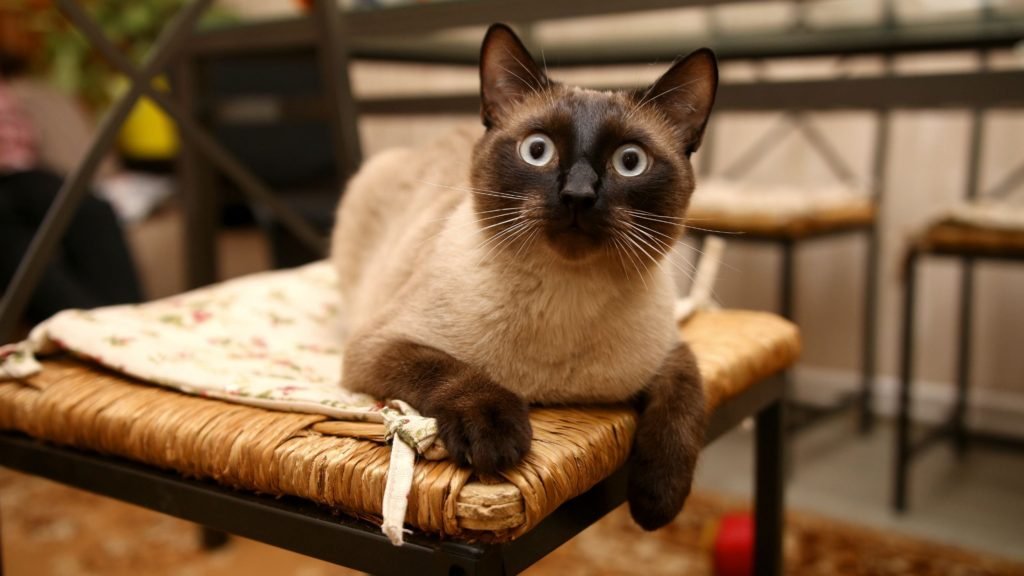When the question arises, ‘How much do cats cost?’, it can lead to various answers. Several factors contribute to the overall expenses, from the cost of adoption or purchase to the recurring care costs. This article will detail all the potential costs of owning a cat.
Initial Cat Expenses
Let’s begin our journey by understanding the initial costs of cat ownership. The initial cost is often a substantial part of the ‘how much do cats cost?’ puzzle, which usually includes the cat’s price and associated adoption or purchase costs.
- Cat Adoption vs. Purchase Costs: Adopting a cat from a shelter can range between $50 to $200, depending on the location and specific shelter policies. On the other hand, buying a cat from a breeder can be more costly, especially if you’re looking at particular breeds. Pedigree cat costs vary widely, from a few hundred to several thousand dollars.
- Initial Veterinary Costs: Your new cat will need a veterinary check-up and certain initial treatments. These may include vaccinations, deworming, and spaying/neutering if you still need to do so.
- Costs of Cat Accessories: This category includes items such as a litter box, cat carrier, scratching post, cat bed, and toys. The prices for these can vary significantly depending on the quality and brand of the products.
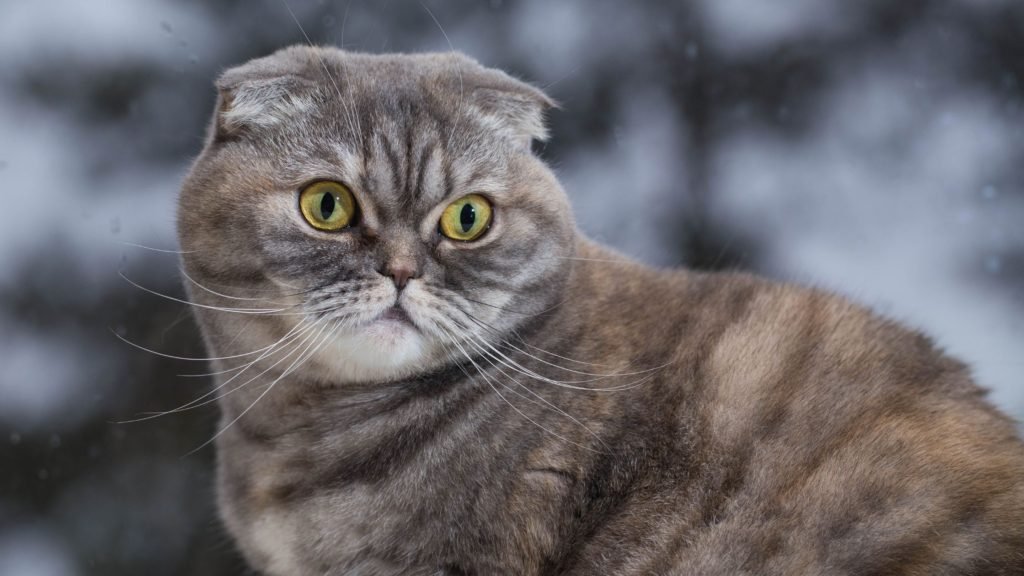
Recurring Cat Expenses
Now that we’ve tackled the initial costs let’s delve into the ongoing expenses you’ll need to budget for. These costs contribute to the overall picture of ‘how much do cats cost?’ and include food, grooming, and healthcare.
- How Much Does Cat Food Cost?: This largely depends on the brand, type of food (wet or dry), and your cat’s size and dietary needs. Cat owners can expect to spend between $20 to $40 per month on cat food.
- Cat Grooming Costs: While cats are generally good at self-grooming, they may still require occasional professional grooming sessions, especially if they have long hair. Professional grooming costs range from $30 to $70 per session.
- Expected Veterinary Costs for Cats: Routine vet care, including annual check-ups, dental cleaning, and vaccinations, typically costs about $100 to $200 annually. Remember, this includes no emergency medical expenses, which can quickly add up.
- Cat Insurance Costs: Pet insurance can help cover unexpected veterinary expenses. The monthly premium for cat insurance can vary depending on the coverage level, breed, age, and location.
In the next part, we’ll cover additional potential costs, such as costs related to different cat breeds and the hidden costs of cat ownership that may not immediately come to mind when you’re asking, ‘How much do cats cost?’.
Costs of Different Cat Breeds
While many are satisfied with a lovely domestic cat, some prospective cat owners may be drawn to specific breeds. Whether it’s the opulent fluffiness of a Persian or the exotic spots of a Bengal, different cat breeds carry separate price tags. However, bear in mind that more than just the purchase price, some breeds may come with additional healthcare or grooming needs, affecting the overall answer to ‘How much do cats cost?’
- Persian Cats: Known for their luxuriant coats and unique face shape, Persian cats can cost anywhere from $500 to $5,000. Keep in mind their long fur requires regular grooming.
- Bengal Cats: This breed’s wild appearance and playful nature make them a sought-after choice. Bengals can range in price from $1,000 to $4,000.
- Siamese Cats: Siamese cats are recognizable due to their striking color contrast and bright blue eyes. These cats can cost between $250 to $1,000.
- Scottish Folds: Known for their unique folded ears, Scottish Fold cats can cost anywhere between $200 to $3,000.
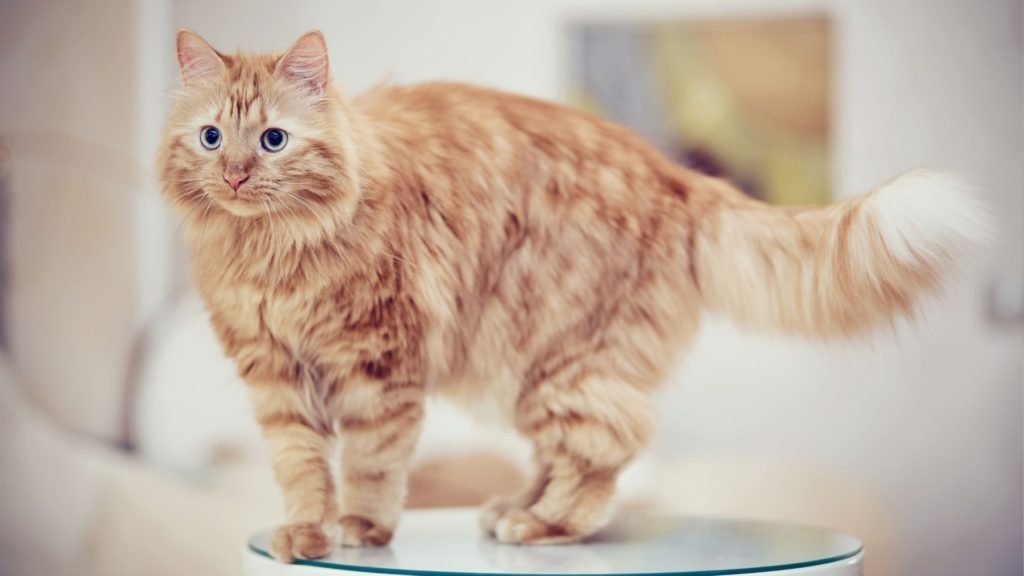
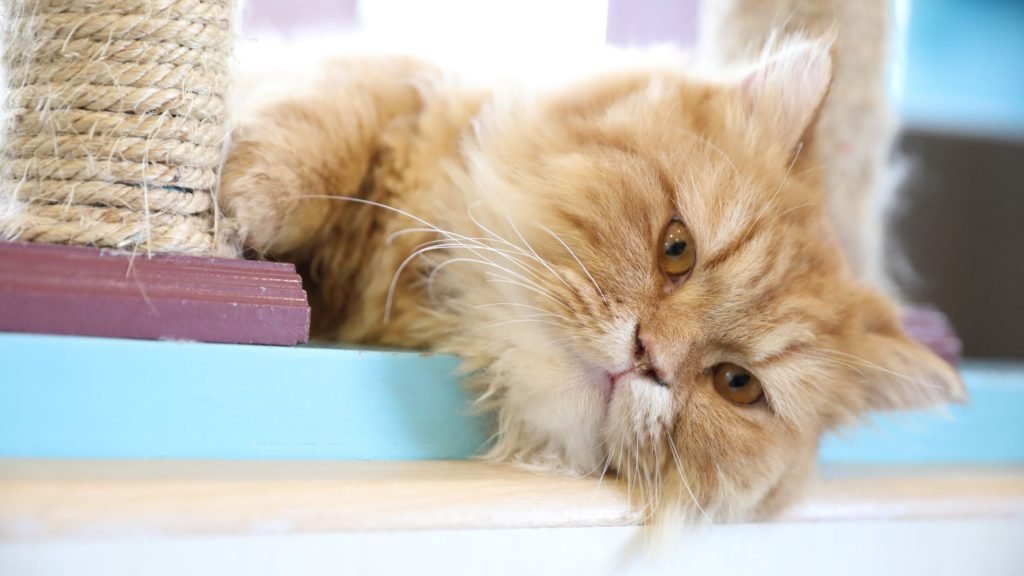
Hidden Costs of Cat Ownership
Beyond the more obvious expenses, there are potential hidden costs of cat ownership that may sneak up on you. Preparing for these unexpected costs can help you more accurately answer the ‘How much do cats cost?’
- Emergency Veterinary Costs: Despite regular care and preventive measures, cats can still fall ill or get injured, leading to unexpected veterinary costs. These costs can vary drastically, from a couple hundred dollars for minor issues to several thousand for major surgeries or ongoing illnesses.
- Replacement Costs for Damaged Items: Cats can be mischievous, and their claws can cause damage to furniture, carpets, and other household items.
- Travel Costs: If you travel frequently and can’t take your feline friend, you must budget for cat boarding or pet-sitting costs.
- Increase in Rent or Security Deposit: Some landlords may charge extra rent or a higher security deposit for allowing pets on their properties.
In the upcoming part, we will discuss the costs of various cat supplies, potential healthcare expenses, and pet insurance, bringing us closer to understanding ‘how much do cats cost?’.
Cost of Cat Supplies
Let’s delve into the costs of various cat supplies. Whether it’s a bed for them to curl up in or a scratching post to save your furniture, many items will make your feline friend’s life comfortable and keep them entertained.
- Cat Food: The price can vary depending on the brand and quality. On average, expect to pay between $10 and $50 monthly.
- Litter Box and Litter: A basic litter box can cost around $25, while litter costs typically range from $10 to $20 per month.
- Scratching Post: These range in price from $20 for a basic model to $100 for a more elaborate setup.
- Cat Bed: A cat bed can cost anywhere from $10 for a simple pillow bed to $50 for a heated or luxury model.
- Toys and Treats: To keep your cat mentally stimulated and physically active, budget around $5 to $15 monthly for toys and treats.
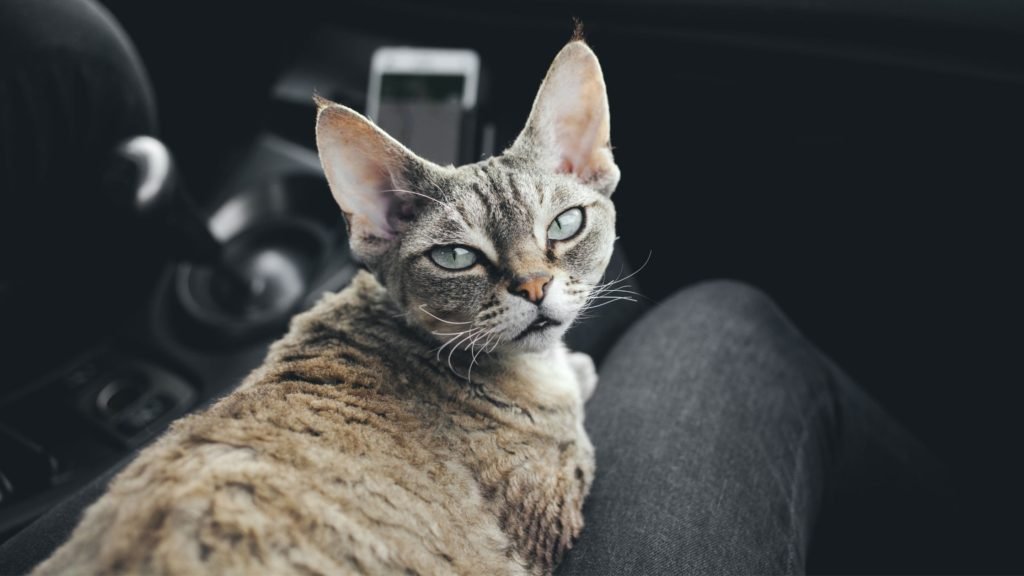
Healthcare Expenses for Cats
Another important aspect to consider when answering ‘How much do cats cost?’ is healthcare expenses. The costs can increase from routine check-ups to vaccinations, dental care, and spaying or neutering.
- Veterinary Check-ups: Regular vet check-ups are vital for a cat’s health. An annual check-up typically costs between $50 and $100.
- Vaccinations: Kittens need vaccinations in their first year, and adult cats need annual boosters. The average vaccination cost is between $50 and $100 per year.
- Spaying/Neutering: The average cost of spaying or neutering a cat is between $50 and $100, though it can be higher depending on your location and the specific veterinary clinic.
- Flea and Tick Prevention: These preventive measures typically cost between $5 and $10 monthly.
- Dental Care: Cats also need dental care to prevent diseases. Dental cleanings can cost between $70 and $400, depending on your location and the specific veterinary clinic.
In the next part, we’ll discuss the cost of pet insurance and the priceless aspect of owning a cat – the companionship and joy they bring into our lives. So, let’s continue unraveling ‘How much do cats cost?’.
Considering Cat Insurance
Many pet owners mitigate potential healthcare costs by investing in pet insurance. This monthly cost can be beneficial in providing peace of mind for unexpected veterinary expenses. The average cost for cat insurance ranges from $10 to $40 per month, depending on the level of coverage and the cat’s age, breed, and health status. Always read the fine print and understand what is and isn’t covered before purchasing a pet insurance policy.
Emotional and Time Investment in Cats
When you ask, ‘How much do cats cost?’, it’s not just about the financial investment. Owning a cat also involves a significant emotional and time investment. Cats require attention, love, and time from their owners. You can’t put a price tag on the love and companionship a cat can bring, but it’s important to understand the commitment involved in owning a cat.
Spending Quality Time with Your Cat
Although known for their independent behavior, cats still need their humans’ attention. It includes playing with them, grooming, feeding, and general interaction. A happy cat is healthy, and spending quality time together can contribute greatly to their happiness.
Understanding Your Cat’s Behavior
Each cat is unique in its personality and behavior. Investing time to understand your cat’s behavior can build a stronger bond and help you provide better care for your cat. It may involve understanding their unique signs of affection, preferences for food or toys, and even their sleeping habits.
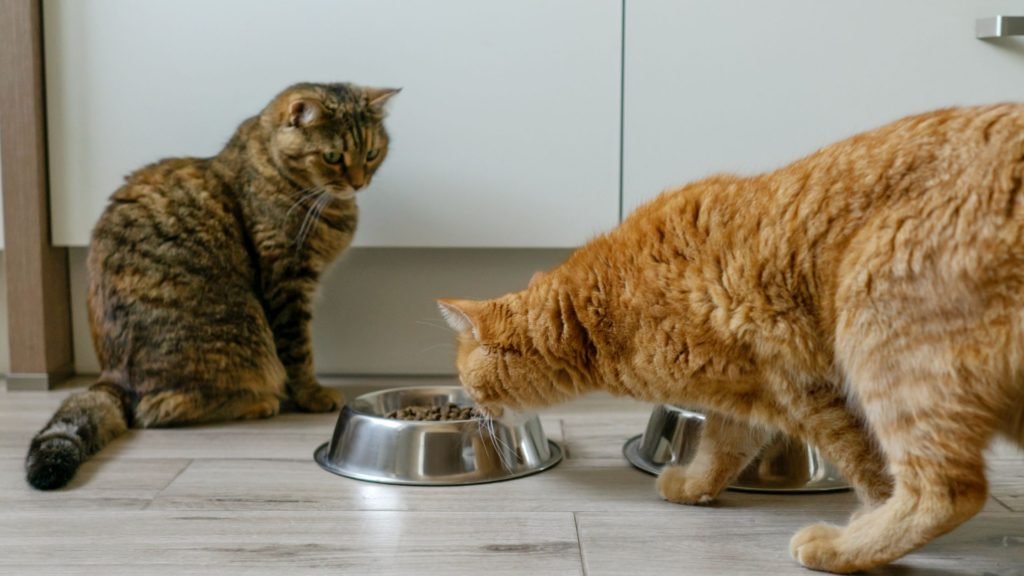
The Priceless Joy of Cat Ownership
Ultimately, while it’s important to understand ‘how much do cats cost?’, the joy and companionship that a cat brings are priceless. Cats are known for their healing purrs and ability to bring comfort and happiness to their owners. There’s nothing like having a purring cat curled up on your lap after a long day.
Conclusion
Understanding ‘how much do cats cost?’ involves considering a range of costs, including food, supplies, healthcare, and potentially insurance. Alongside these financial considerations, owning a cat requires significant time and love. But for many, a cat’s companionship, affection, and joy far outweigh the costs.
FAQs
How much does a cat cost per month?
On average, the monthly cost of a cat can range from $40 to $70. It includes food, litter, and preventive healthcare measures like flea and tick treatments.
Are cats expensive to keep?
The cost of maintaining a cat can vary depending on the cat’s age, health, and lifestyle. Food, healthcare, grooming, and insurance contribute to the cost.
What are the initial costs of getting a cat?
Initial costs include the adoption or purchase price, initial veterinary check-up, vaccinations, spaying or neutering, a litter box, cat carrier, bed, scratching post, and initial supplies of food and litter.
How can I reduce the cost of owning a cat?
Adopting a cat from a shelter, choosing cost-effective brands of food and litter, grooming your cat at home, ensuring your cat gets regular exercise to maintain good health, and considering pet insurance for unexpected health issues can all help reduce the cost of owning a cat.
Owning a cat is a long-term, emotional, and financial commitment. Considering all these aspects before bringing a feline friend into your home is important. The rewards, however, can be immeasurable.
Related Articles

Why Do Cats Lay on Your Chest?: Decode Feline Love
Imagine you’re lounging on the sofa, engrossed

Chasing Feline Secrets: Discover ‘How Many Teeth Do Cats Have?
As a cat owner, you might wonder,

Can Cats See Ghosts? An Insight into the Unseen World of Felines
One question that often intrigues cat owners

Can a Groomer Sue You if Your Dog Bites Them?
Can a Groomer Sue You if Your

Can Cats See Fire? Decoding the Feline Firewatchers’ Mystery
Have you ever wondered if cats can

Proven Techniques for the Best Way to Train Cats
If you think training a cat is

